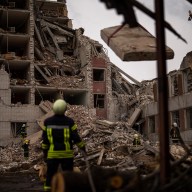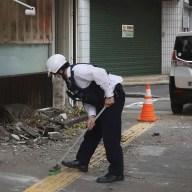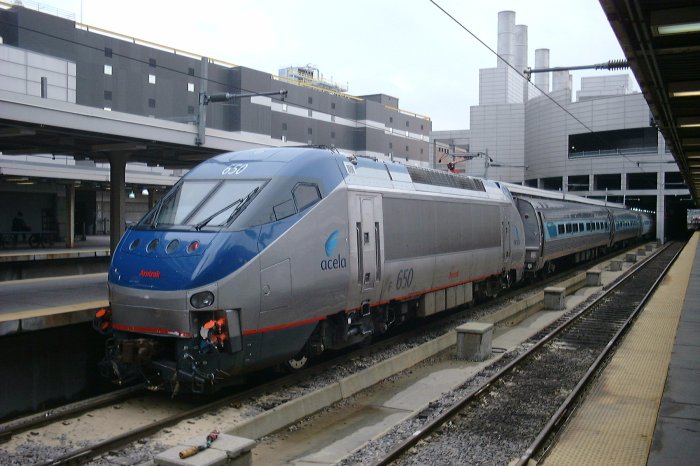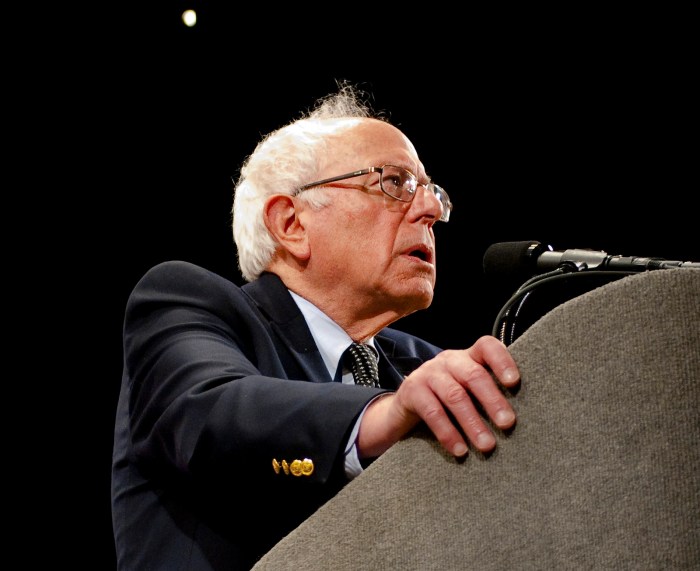Not even a $500 stipend was enough to entice any Boston police officers to participate in a pilot program equipping 100 of the city’s cops with body cameras, forcing top brass to select “volunteers.” “We bargained for the volunteers, and for whatever reason, they didn’t sign up,” Police Commissioner Bill Evans told Boston Public RadioTuesday. “Me and the mayor had a very productive meeting last night with the unions about it, and starting today, officers are going to be assigned.” “They’ll probably challenge us,” Evans added. “But that’s what the union does, they look out for their membership. Unless a court stops it, right now that’s the way we’re going.”
The shootings of unarmed and armed black men by police that set off violent protests in Ferguson, Missouri, and have spread to Baltimore, Baton Rouge, Lousiana, and most recently Milwaukee, have made body cameras a central part of the national debate on law enforcement reforms. “It is a voluntary program, however, if officers don’t step up to do it or if we don’t get a sufficient amount of officers to do it, we’re going to be putting them out there on officers,” Mayor Marty Walsh told the Boston Herald Monday. “We’re making this a directive. … They have to wear them.” A memorandum of understanding signed by the department and union in July stipulates that participants will be chosen from volunteers, though it does not lay out what would occur if no volunteers step forward. “To require non-volunteers to participate in the program would clearly violate the agreement,” Boston Police Patrolman’s Association President Patrick M. Rose told the Herald in an email. “The BPPA would hope that the City and the Department would honor its written agreement with the BPPA concerning (body cameras).” The pilot program is slated to start on Sept. 1, though it’s unclear if the union’s objection to assigning the cameras will push that date back.
Police Commissioner to assign body cameras after no officers volunteer
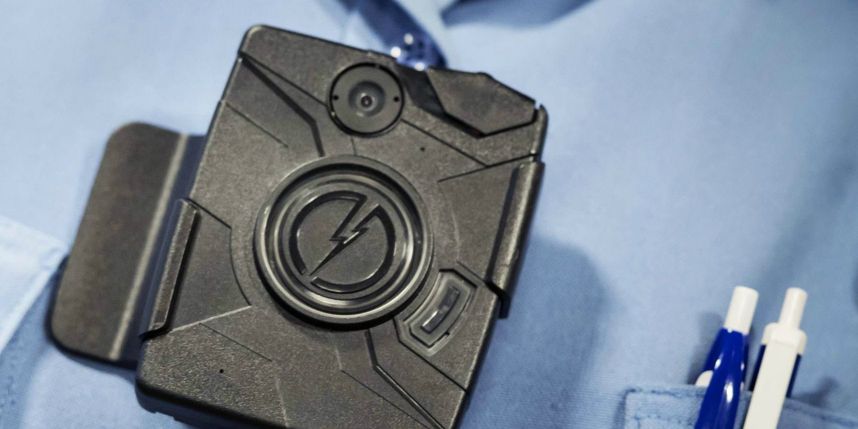
Glassboro PD (File)








